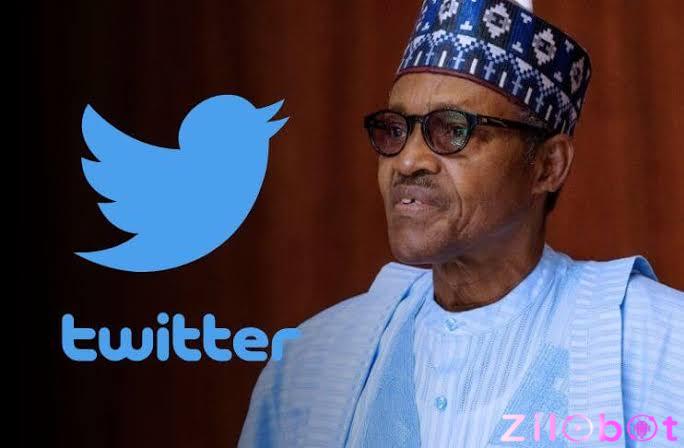The ECOWAS Court has rejected an application by the Federal Republic of Nigeria seeking to dismiss a suit challenging the government’s suspension of the Twitter platform in mid-2021. Judgement in the substantive case is fixed for May 10, 2022.
The Court presided over by Justice Gberi-Be Ouattara, delivered the judgement on February 16, 2022. The other judges on the panel were Justices Keikura Bangura and Januaria Moreira Costa.
Originally filed individually, the suits were consolidated on the orders of the court after Abdullahi Abubakar, lawyer representing the Nigerian government filed an application on July 5, 2021, stating that the subject matter of the four applications was the same. The four original suing parties are the Registered Trustees of the Socio-economic Rights and Accountability Project (SERAP); Media Rights Agenda and eight others; Chief Malcolm Omirhobo; and Patrick Eholor tagged suits. The applicants did not object to the government’s request for consolidation.
Delivering the ruling, Justice Gberi-Be Ouattara held that the government’s request for dismissal of the suit was baseless. The Court noted that the Nigerian government did not provide evidence to support its claim that it had reached an agreement with the management of Twitter in which the latter has committed to be law-abiding, and based on which undertaking the Twitter ban was lifted. The Court also noted that the lawyers representing the Nigerian government filed a document before the Court after the matter was adjourned for judgment praying the Court to dismiss the consolidated suit on several grounds.
Consequently, Justice Ouattara asked the lawyers to brief the Court on the purpose of the new application which was filed after the matter had been adjourned for judgment. Abdullahi Abubakar and Abubakar Nuhu, both assistant state counsels for the Nigerian government, said that the application was filed in accordance with Article 88 (2) of the ‘Rules of the Court’ and repeated their demand for the dismissal of the substantive suit for being devoid of purpose since the ban had been lifted. Justifying the Twitter ban, the counsels argued that the social media platform was consistently used for activities capable of undermining the existence of Nigeria and national security. Other grounds for the application were that Twitter had approached Nigeria to enter an agreement promising to be law-abiding which resulted in the lifting of the ban on Twitter. They contended further that a decision of the Court will constitute no value for the Applicants since the subject matter of the consolidated suit was the ‘suspension of Twitter in Nigeria’ which has been lifted.
Opposing the submissions of the Nigerian government, lawyers for the applicants in the consolidated suit insisted that the subject matter of the suit was not only the suspension of Twitter but the action of the government which violated their rights. They also told the Court that lifting of the suspension on Twitter was one of several reliefs sought from the Court.
The dismissal of the Nigerian government’s challenge to the suit is the second legal defeat for the state in relation to the Twitter ban. On June 22, 2021, the Court upheld an application for interim measures filed by SERAP (one of the parties in the now consolidated suit) and ordered the Nigerian government and its agents to “refrain from imposing sanction on any media house or harassing, intimidating, arresting and prosecuting the Applicants, concerned Nigerians for the use of Twitter and other social media platforms.” That ruling restrained the government from carrying out its threat to punish citizens who violated or circumvented the Twitter ban, pending the determination of the substantive suit challenging the ban itself.
In the substantive suit, the applicants challenged the decision of the Nigerian government to suspend access to the Twitter platform in Nigeria, arguing that the action constituted the violation of their fundamental rights including their rights to freedom of expression and press freedom. Judgement in that substantive case is fixed for May 10, 2022.
The MFWA welcomes the verdict of the ECOWAS Court in dismissing the frivolous application aimed at frustrating the efforts of the media and civil society in Nigeria to seek justice. We commend the Applicants for their bold initiative and express our solidarity with them in their quest for accountability with regard to the retrogressive Twitter ban in Nigeria.





